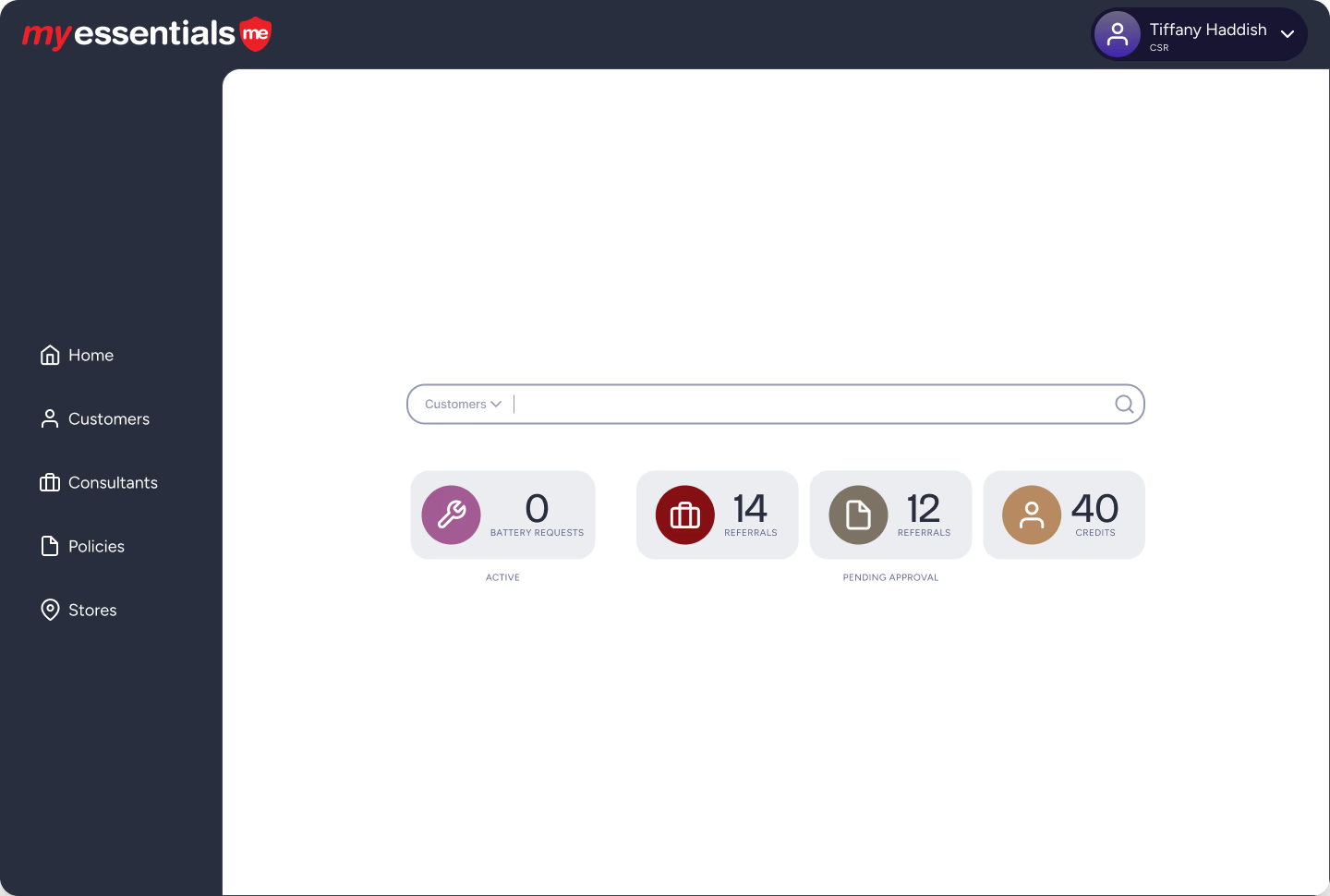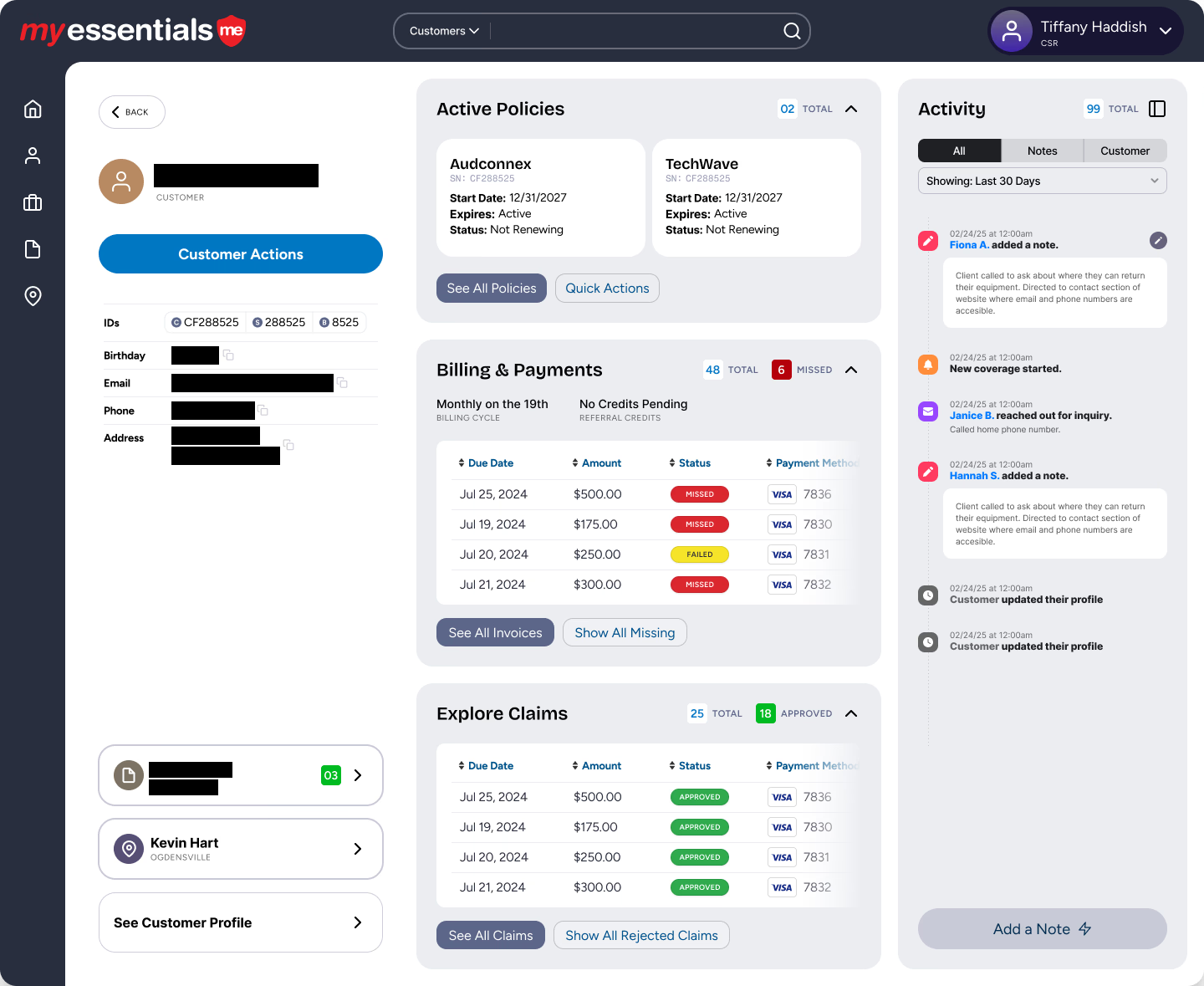Tailored software solutions to solve your unique business challenges. Learn about our custom software development services and how we can help.
In today’s fast-paced digital world, businesses need more than just off-the-shelf software to stay competitive. Tailored software solutions offer a unique opportunity to optimize operations, improve customer experiences, and drive growth. Custom software is designed specifically to meet the unique needs of your business, ensuring efficiency and scalability. This blog post explores how tailored software solutions can elevate your business, practical steps to get started, and answers common questions about software creation.
Why Tailored Software Solutions Are Essential for Modern Businesses
Tailored software solutions are built to fit your business processes perfectly. Unlike generic software, which often requires you to adapt your workflows, custom software adapts to your needs. This alignment can lead to significant benefits:
Increased Efficiency: Automate repetitive tasks and streamline workflows.
Better Integration: Seamlessly connect with existing tools and systems.
Scalability: Grow your software capabilities as your business expands.
Competitive Advantage: Unique features that differentiate your business.
For example, a retail company might use tailored software to manage inventory in real-time, integrate with their e-commerce platform, and provide personalized customer recommendations. This level of customization can improve sales and customer satisfaction.
Tailored software solutions in a business environmentHow Tailored Software Solutions Transform Business Operations
Tailored software solutions can transform various aspects of your business operations. Here are some key areas where custom software makes a difference:
1. Customer Relationship Management (CRM)
Custom CRM systems can be designed to track customer interactions, preferences, and purchase history in ways that off-the-shelf solutions cannot. This allows businesses to create personalized marketing campaigns and improve customer retention.
2. Supply Chain Management
Tailored software can optimize supply chain logistics by providing real-time tracking, automated ordering, and predictive analytics. This reduces delays and lowers costs.
3. Financial Management
Custom financial software can automate invoicing, budgeting, and reporting, ensuring accuracy and compliance with industry regulations.
4. Employee Management
From scheduling to performance tracking, tailored software can improve workforce management and boost productivity.
By focusing on your specific business needs, tailored software solutions help you eliminate inefficiencies and unlock new opportunities.
Custom software dashboard showing business analyticsCan I Create a Software on My Own?
Many business owners wonder if they can create software independently. The answer depends on your technical skills, resources, and the complexity of the software you need.
DIY Software Development: Pros and Cons
Pros:
Full control over the development process.
Potentially lower initial costs.
Ability to customize features as you go.
Cons:
Requires significant technical knowledge.
Time-consuming and may delay your business goals.
Risk of security vulnerabilities and bugs.
Maintenance and updates can be challenging.
If you have programming experience and a clear vision, you might start with simple tools or platforms that allow low-code or no-code development. However, for complex business needs, partnering with professionals is often more efficient.
When to Hire Experts
Professional developers bring expertise in design, security, and scalability. They can deliver a polished product faster and provide ongoing support. If your business requires robust, secure, and scalable software, consider engaging with a company specializing in custom software development.
Software developer coding custom business softwareSteps to Implement Tailored Software Solutions Successfully
Implementing tailored software solutions requires careful planning and execution. Here are actionable steps to guide you:
1. Define Your Business Needs
Identify the specific problems you want the software to solve. Gather input from stakeholders and end-users to understand their pain points.
2. Set Clear Objectives
Establish measurable goals such as reducing processing time by 30% or increasing customer engagement by 20%.
3. Choose the Right Development Partner
Look for a company with experience in your industry and a proven track record in delivering custom software solutions.
4. Develop a Prototype
Start with a minimum viable product (MVP) to test core features and gather feedback.
5. Test Thoroughly
Conduct rigorous testing to identify bugs and usability issues.
6. Train Your Team
Ensure employees understand how to use the new software effectively.
7. Monitor and Improve
Collect data on software performance and user satisfaction to make continuous improvements.
Following these steps helps ensure your tailored software solution delivers maximum value.
Future Trends in Tailored Software Solutions
The landscape of tailored software solutions is evolving rapidly. Staying informed about emerging trends can help your business stay ahead:
Artificial Intelligence (AI) Integration: AI-powered features like chatbots and predictive analytics enhance user experience and decision-making.
Cloud-Based Solutions: Cloud software offers flexibility, scalability, and remote access.
Mobile-First Design: With increasing mobile usage, software optimized for smartphones and tablets is essential.
Cybersecurity Enhancements: Custom software can include advanced security measures tailored to your business risks.
Internet of Things (IoT): Integration with IoT devices can provide real-time data and automation.
Investing in tailored software solutions that incorporate these trends can future-proof your business.
Tailored software solutions are a powerful tool to elevate your business by addressing unique challenges and unlocking new opportunities. Whether you choose to develop software on your own or collaborate with experts, the key is to focus on your specific needs and goals. By embracing custom technology, your business can achieve greater efficiency, innovation, and growth.



